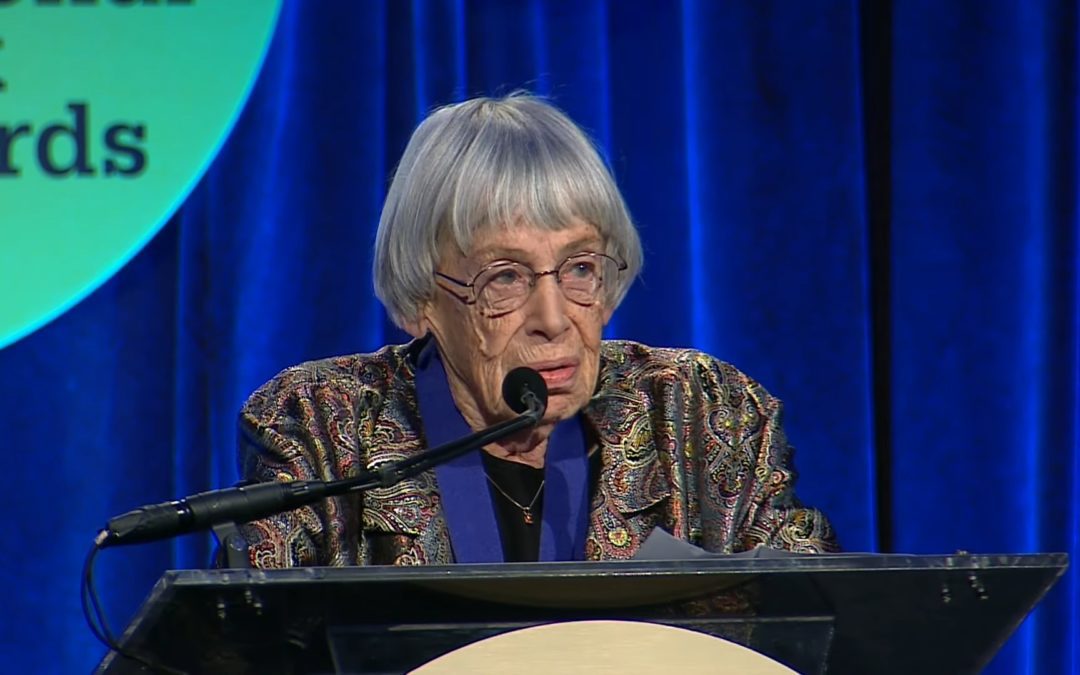
by Shaun Chamberlin | Jan 18, 2019 | 21st December, All Posts, Cultural stories, David Fleming, Economics, Favourite posts, Featured, Lean Logic, Surviving the Future, The Sequel
In 2014 Ursula K. Le Guin accepted the Medal for Distinguished Contribution to American Letters with a deliciously powerful speech.
Aware that her time was nearing its end, she declared that her “beautiful reward” was accepted on behalf of, and shared with...
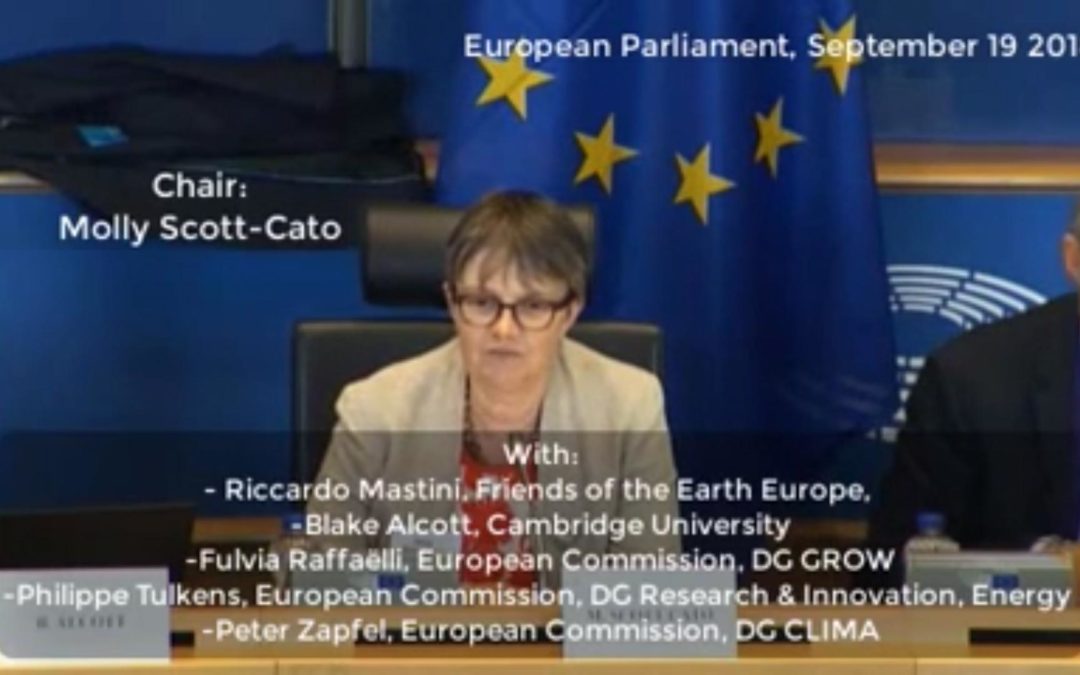
by Shaun Chamberlin | Nov 13, 2018 | All Posts, David Fleming, Lean Logic, Surviving the Future
The above is a screenshot from my most exciting update yet on all that’s afoot around David Fleming’s award-winning books and wider legacy! Including details of the initial exclusive film launch, discussion of the TEQs system he invented at the European...
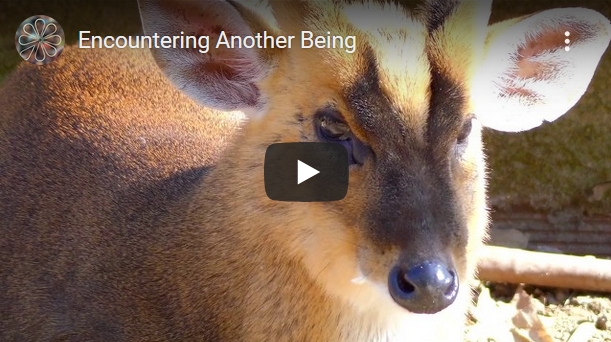
by Shaun Chamberlin | Jul 28, 2018 | All Posts, Cultural stories, David Fleming, Lean Logic, Surviving the Future, The Sequel
This post was originally written by me for the film’s own blog, but I have kindly given myself permission to reproduce it here 😉 You can watch the above taster in full here. As executive producer of The Sequel, I’m proud of what we’ve created, and...
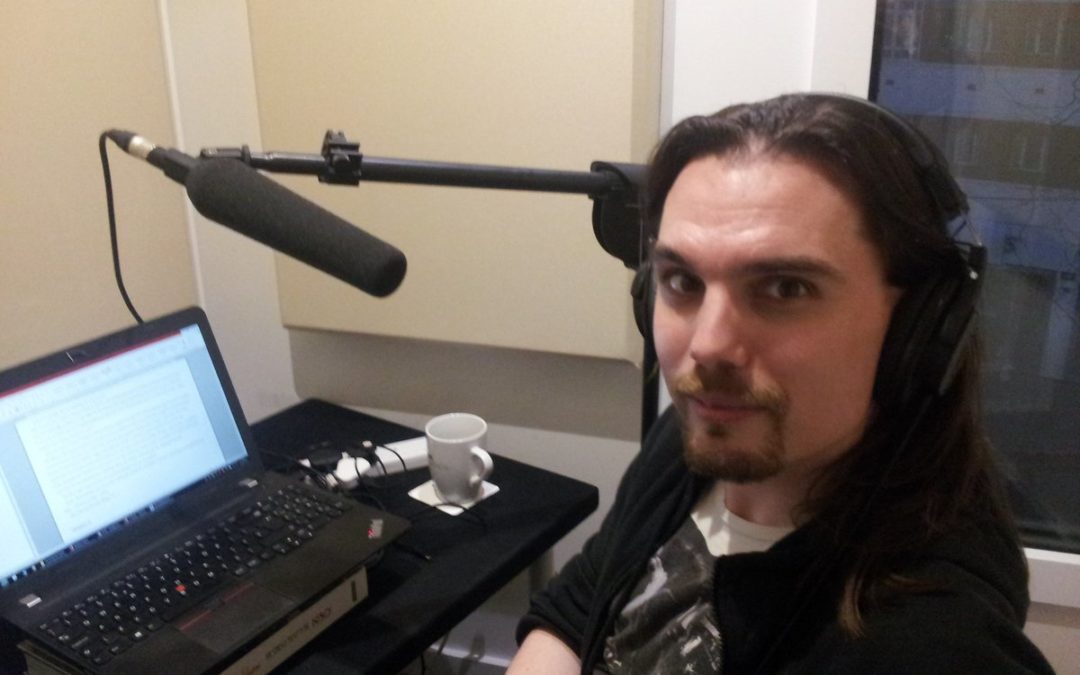
by Shaun Chamberlin | Mar 20, 2018 | All Posts, David Fleming, Lean Logic, Surviving the Future
The above pic of me in the recording studio is from the latest – bumper! – update on all that is afoot around the late David Fleming’s books. Including details of the audiobook launched yesterday, winning 1st prize at the New York Book Show, free...
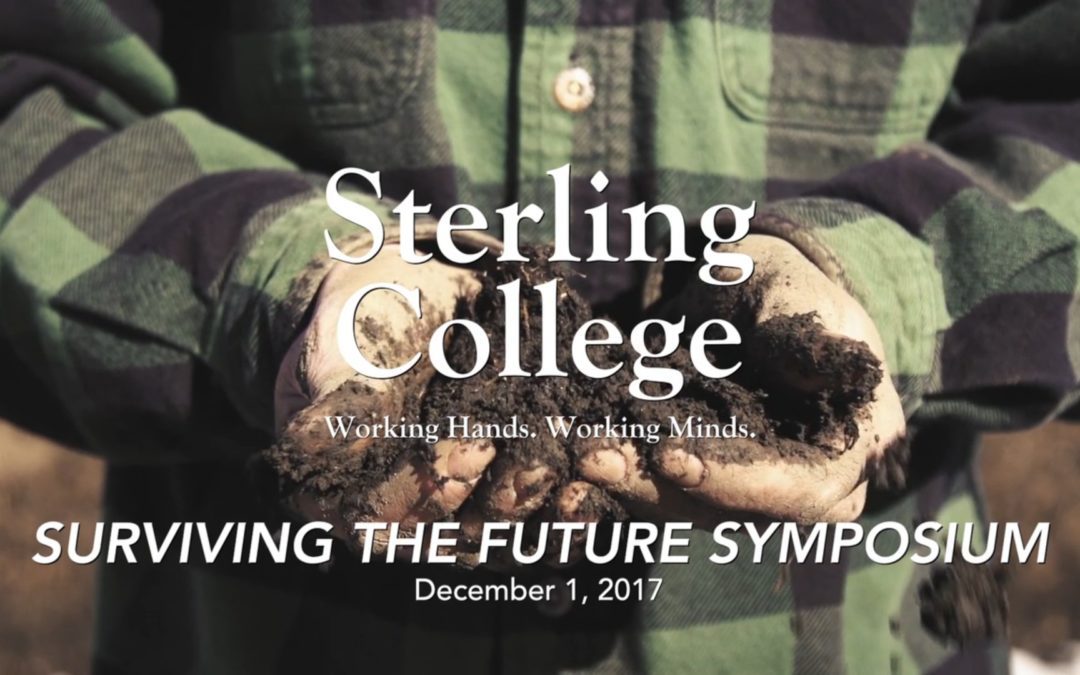
by Shaun Chamberlin | Jan 31, 2018 | All Posts, David Fleming, Lean Logic, Surviving the Future, Transition Movement
Sterling College have posted a report on last month’s Surviving the Future symposium, including these wonderful video highlights. It’s hard to express how nourishing it is to see the impact David Fleming’s work and vision is having on influential...
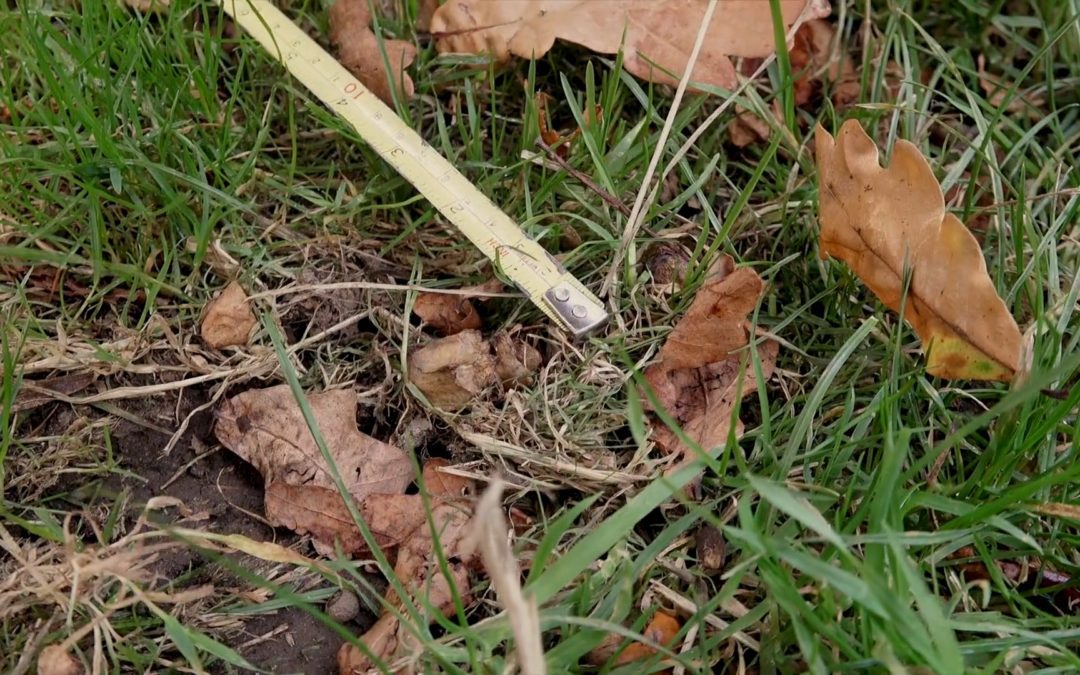
by Shaun Chamberlin | Oct 13, 2017 | All Posts, Cultural stories, David Fleming, Lean Logic, Philosophy, Surviving the Future
Our film about David Fleming’s potent legacy is starting to take shape. And here’s the first taster – a beautiful five minute wander through Deep Time, with a shocking ending..! I’m so proud of these tasters, and happy to see that they’re...








Recent Comments